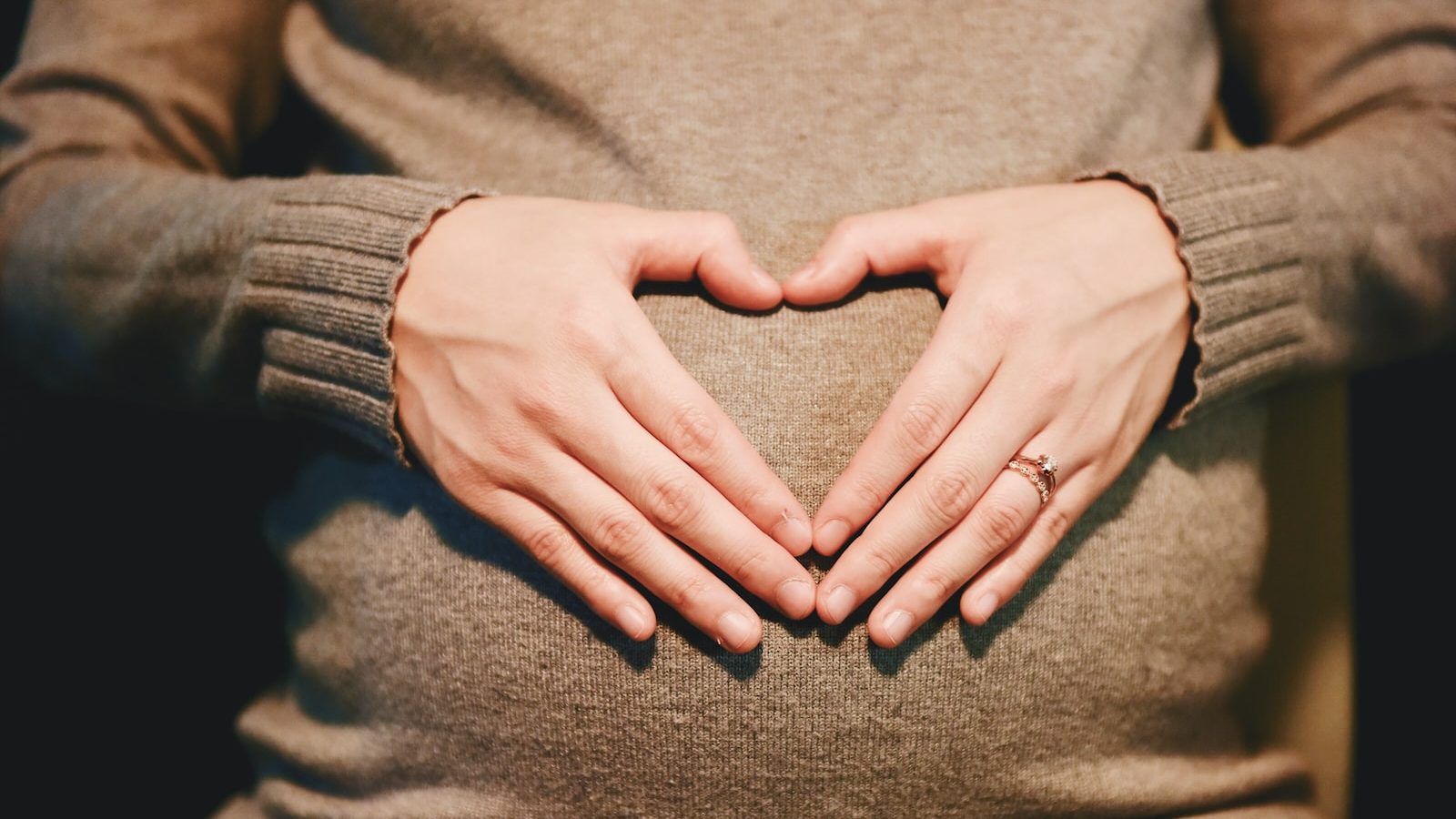The U.S. Supreme Court declined on Oct. 11 to hear a case involving a debate over whether a fetus is entitled to constitutional rights, rejecting an appeal spearheaded by a Catholic anti-abortion group.
The case revolved around a challenge to a 2019 Rhode Island statute that codified abortion.
Two pregnant women, along with a group known as both Catholics for Life and Servants of Christ for Life, challenged the state law, arguing they were doing so on behalf of the unborn. The state, they claimed, was violating the personhood of the unborn. The Rhode Island Supreme Court ruled in May that the unborn children lacked legal standing, and by refusing to take up the case, the U.S. Supreme Court allows the lower court ruling to remain in place.
The “fetal personhood” movement argues that the unborn are entitled to the constitutional rights of any American citizen. Some legal experts say enshrining the concept into law could have consequences not only for those seeking an abortion but also for those who plan to become pregnant through in vitro fertilization.
State laws
Advocates for fetal personhood have pushed their cause in several states. In Georgia, fetal personhood legislation, approved in the wake of the Dobbs decision that overturned Roe v. Wade, goes so far, according to the state’s Department of Revenue, as to allow residents to claim unborn children as a dependent. In Texas, a pregnant woman pulled over for driving alone in a high-occupancy-vehicle lane on the highway told a police officer that her unborn fetus counted as a second person.
She reiterated the argument when contesting the ticket in court and won over a judge, who ultimately dismissed the case — although she was ticketed again for the same infraction in July.
In the Dobbs case, Justice Samuel Alito, writing for the majority, argued that those who support abortion rights “regard a fetus as lacking even the most basic right — to live.” But elsewhere in the opinion, Alito stated, “Our opinion is not based on any view about if and when prenatal life is entitled to any of the rights enjoyed after birth.” (Reporting by Religion News Service)





Share with others: